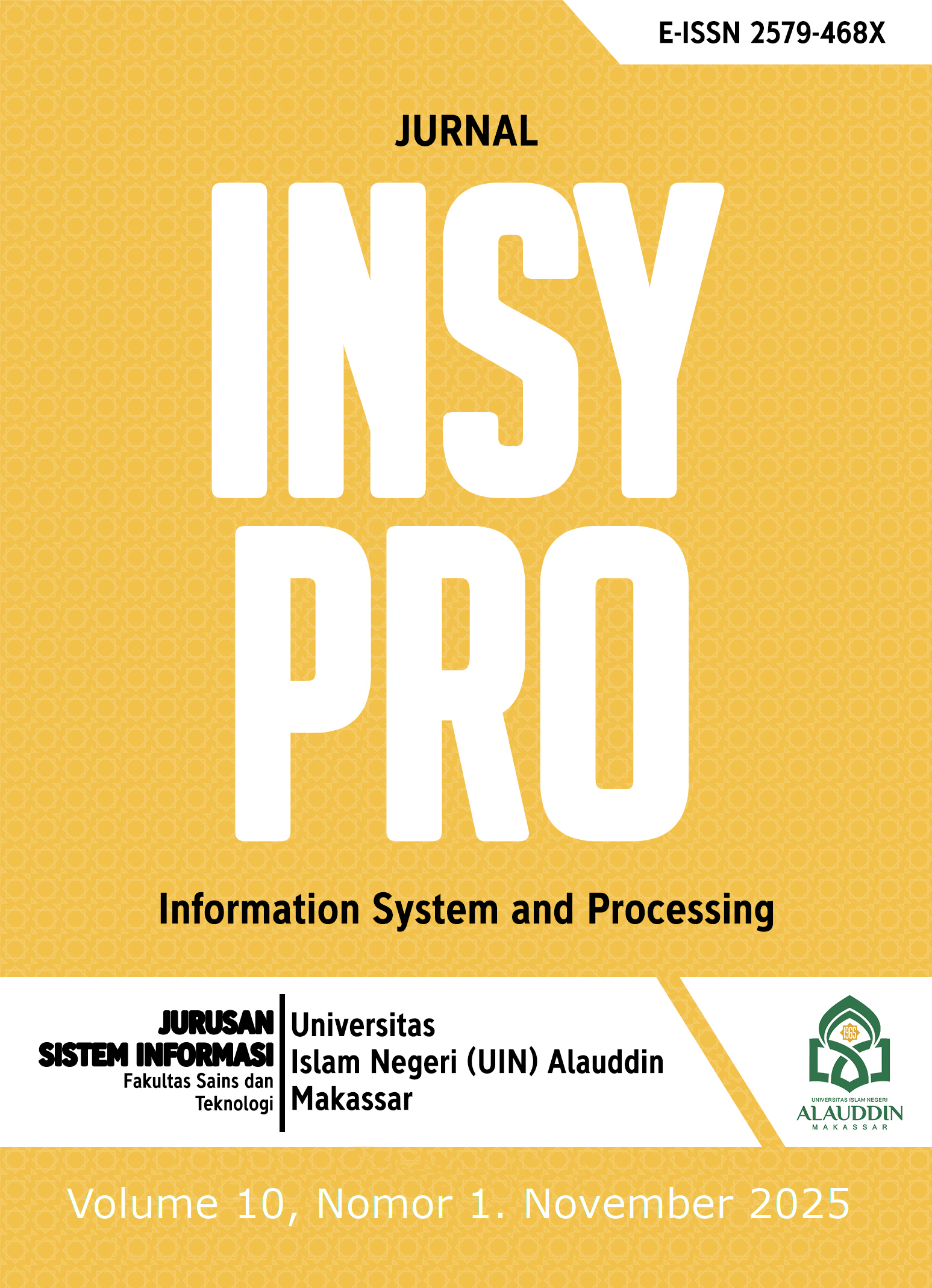Early Detection Analysis of Heart Disease Using Ensemble Learning Methods on Patient Data
Abstract
Heart disease is one of the leading causes of death, requiring early detection for prompt and accurate treatment. This study aims to develop a heart disease prediction model using ensemble learning methods, specifically the Adaptive Boosting (AdaBoost) technique. This method combines several weak models to improve the accuracy of heart disease classification based on patient data. The results show that applying the ensemble learning technique with the AdaBoost method produces a highly accurate model, especially after adding demographic features such as gender and age. The model's accuracy increased from 93.75% to 100%, with precision, recall, and F1-score reaching a perfect score of 1.00 for both classes. With these excellent results, the AdaBoost method has proven to be effective in detecting heart disease at an early stage, providing opportunities for more timely and effective medical interventions. This research is expected to make a significant contribution to the development of early heart disease detection technology and improve patient quality of life through more accurate diagnoses.
Downloads
Published
Versions
- 2025-08-04 (4)
- 2025-08-04 (3)
- 2025-08-04 (2)
- 2025-08-04 (1)
How to Cite
Issue
Section
License
Copyright (c) 2025 Rizka Adrianingsih, Fahrim Irhamna Rachman, Rizki Yusliana Bakti, Titin Wahyuni

This work is licensed under a Creative Commons Attribution-NonCommercial-NoDerivatives 4.0 International License.
Each article is copyrighted © by its author(s) and is published under license from the author(s).
When a paper is accepted for publication, authors will be requested to agree with the Creative Commons Attribution-Noncommercial-No Derivative Works 4.0 Netherlands License.













